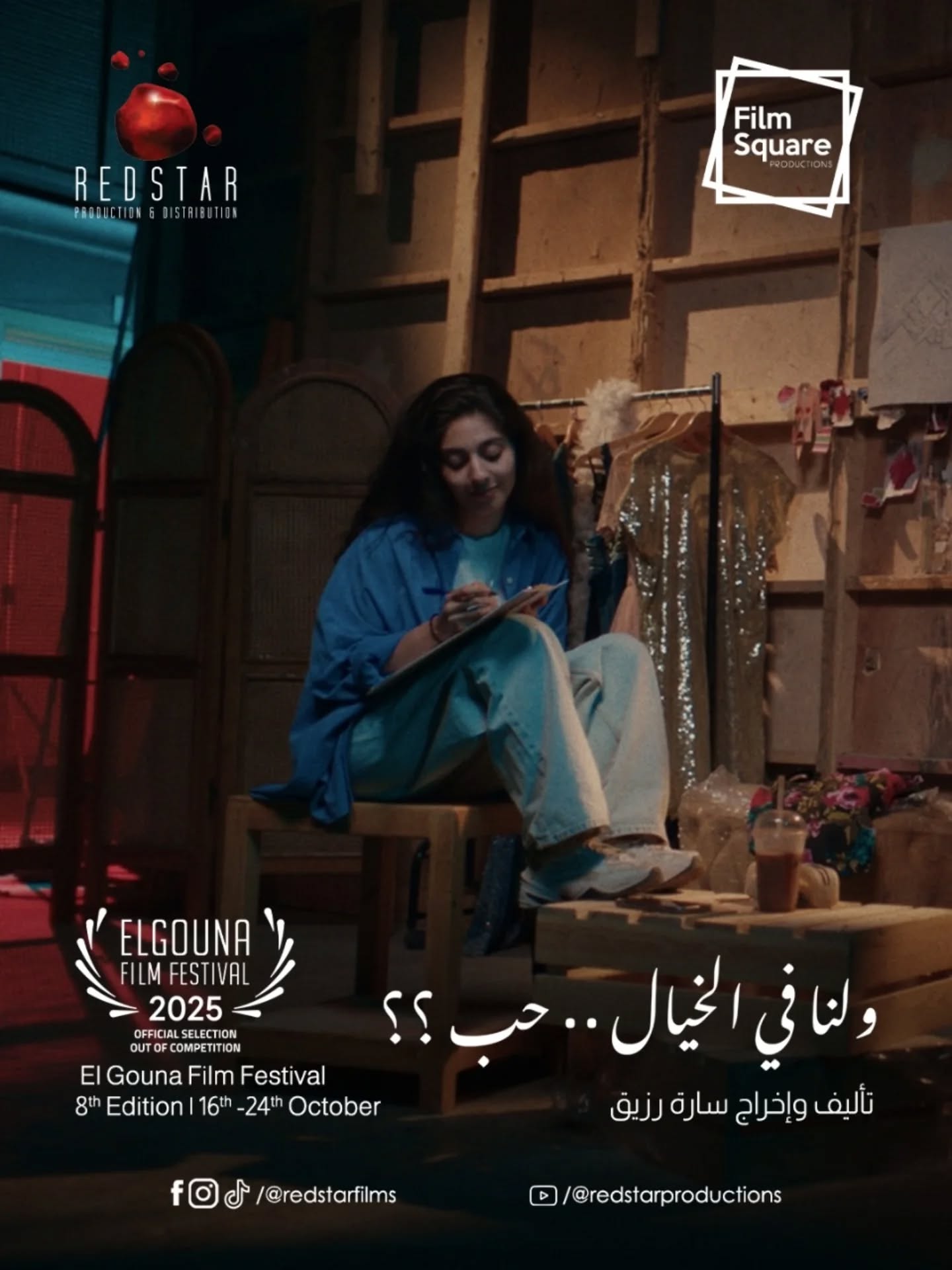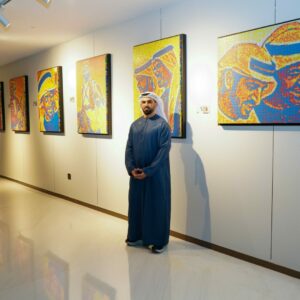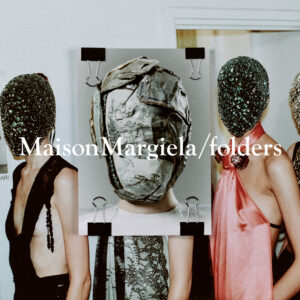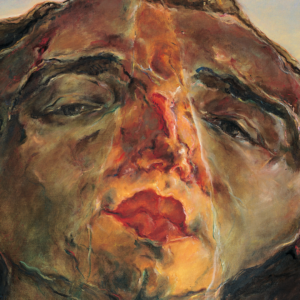There’s a hush over the Gouna Film Festival’s 2025 film selection, the kind that lingers after something breaks, or when a room carries the weight of what’s unspoken. Together, they’re searching for pulse points, echoing the ache of a region in emotional limbo; mourning what’s lost, grasping at what’s slipping, and documenting the cracks in the walls we call home.
Family, grief, war, and creative stillness, the themes speak from a wound still healing. It’s a cinematic mirror held up to the Arab world’s collective psyche, reflecting generational grief, fractured families, creative paralysis, and the simmering desire to narrate what’s too often unspeakable.
In the Arab world, the political begins at the kitchen table.
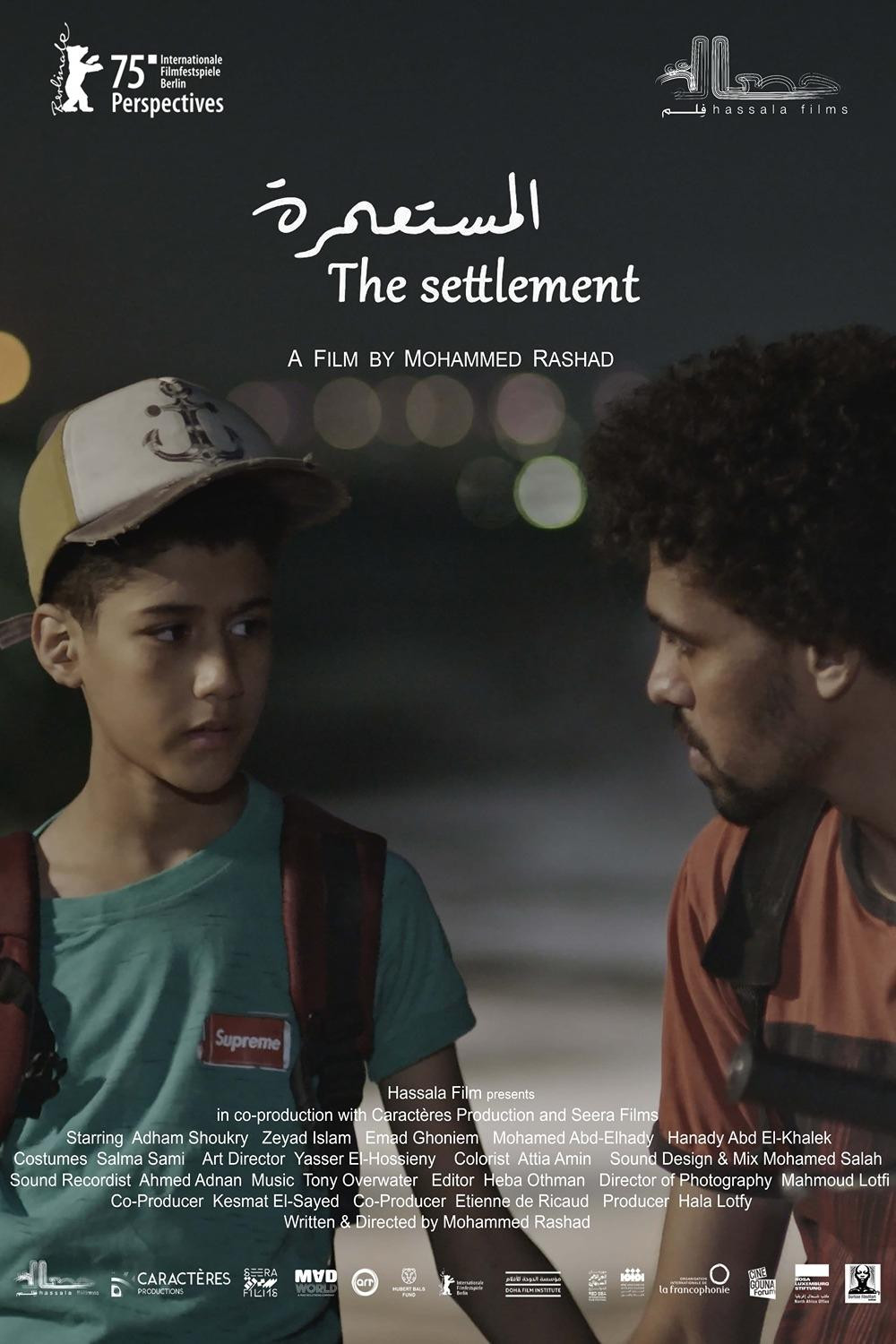
Two of the Egyptian narrative competition entries, My Father’s Scent by Mohamed Siam (Egypt, Norway, Sweden, Saudi Arabia, Qatar, France) and The Settlement by Mohamed Rashad (Egypt, France, Germany, Qatar, Saudi Arabia), excavate family dynamics with emotional precision. One offers a volatile father-son confrontation; the other, a thriller-laced search for truth beneath the surface of a patriarch’s death. Both films centre masculinity’s hidden wreckage, silence, expectation, and inherited trauma, suggesting that the political usually begins at the kitchen table.
Art in the Arab world is the afterlife of what we lose.
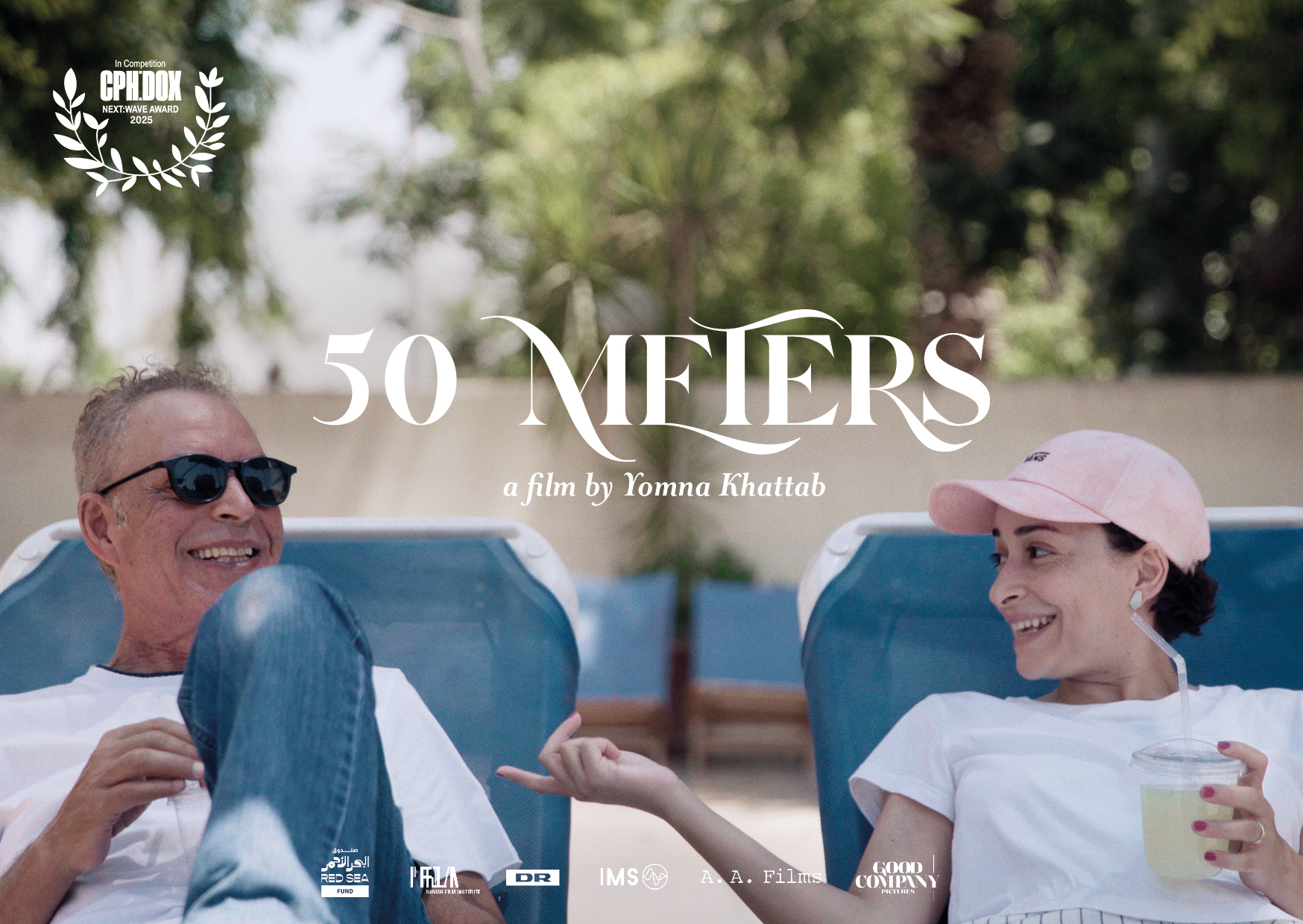
The documentary selections, 50 Meters by Yomna Khattab (Egypt, Denmark, Saudi Arabia) and Life After Siham by Namir Abdel Messeeh (Egypt, France), use the camera as a coping mechanism. These filmmakers explore grief as something that moves past endured and goes straight to creatively restructured. What emerges is a portrait of Arab memory as inherently unfinished, constantly seeking resolution through image and gesture.
To love in this region is to grieve twice: once for the person, and once for the story you built around them.
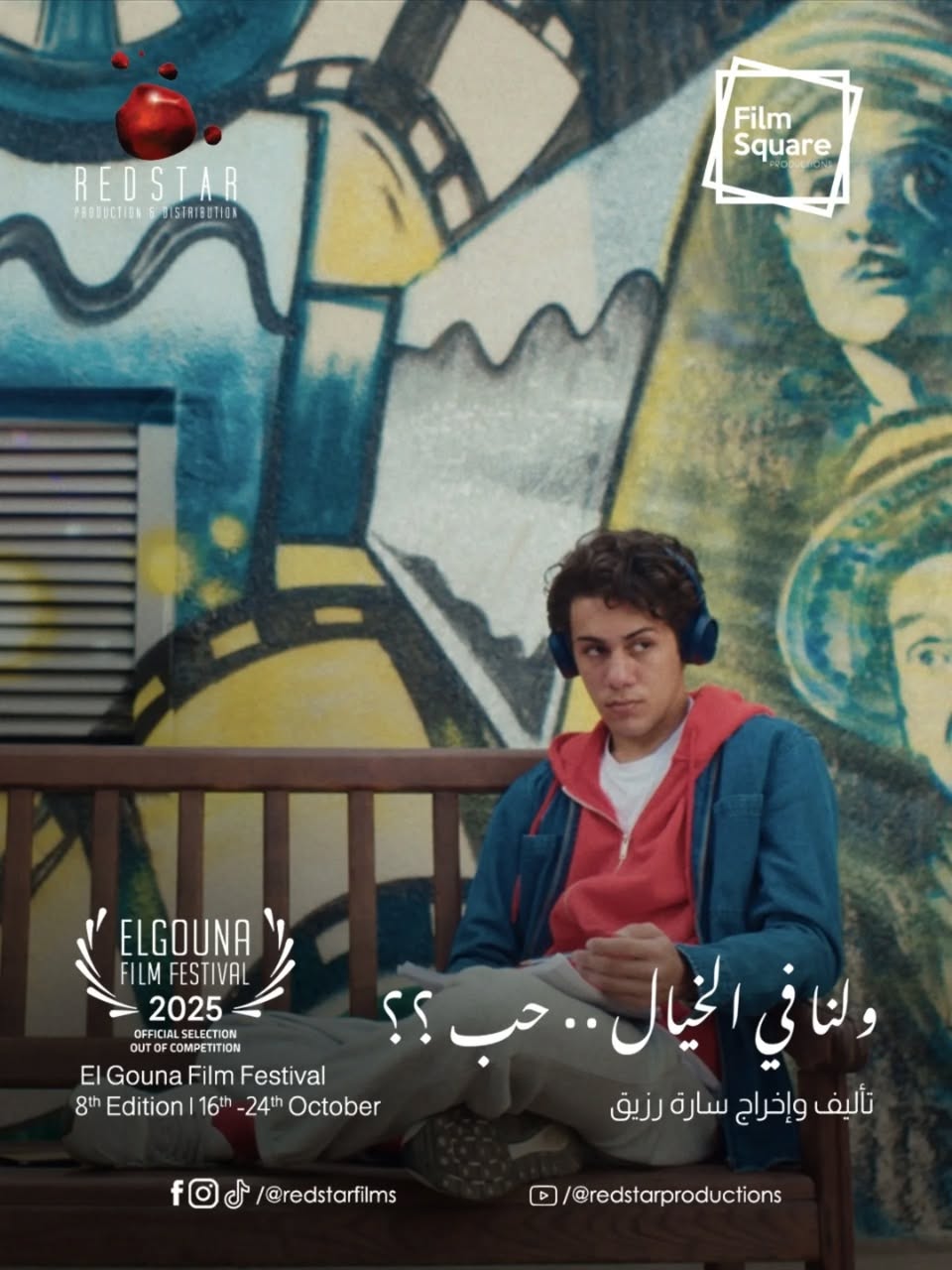
In Love Imagined by Sarah Rozik (Egypt), emotional haunting takes the spotlight. The debut feature weaves together a grieving professor, a heartbroken woman, and a college student, threading a fragile narrative of how women process loss, longing, and connection across generational divides. Love here is less a romance and more a rupture; subtle, gendered, and very Arab in its emotional architecture.
Palestine is the region’s beating heart.
No film series at GFF this year is as politically urgent or emotionally visceral as the Window on Palestine program. From Unfinished Stories by Nidal Damo to Very Small Dreams by I’timad Wishah, these short documentaries, created by Gaza-based filmmakers under siege, are transmissions of survival. Their existence offers living proof that storytelling can endure even when nothing else does. One film, Gaza to Oscar by Alaa Damo, embodies this resilience. Amid bombings and blackouts, filmmakers in Gaza document, edit, and dream; to preserve the truth
War doesn’t end, it leaves aftershocks through memory and soil.
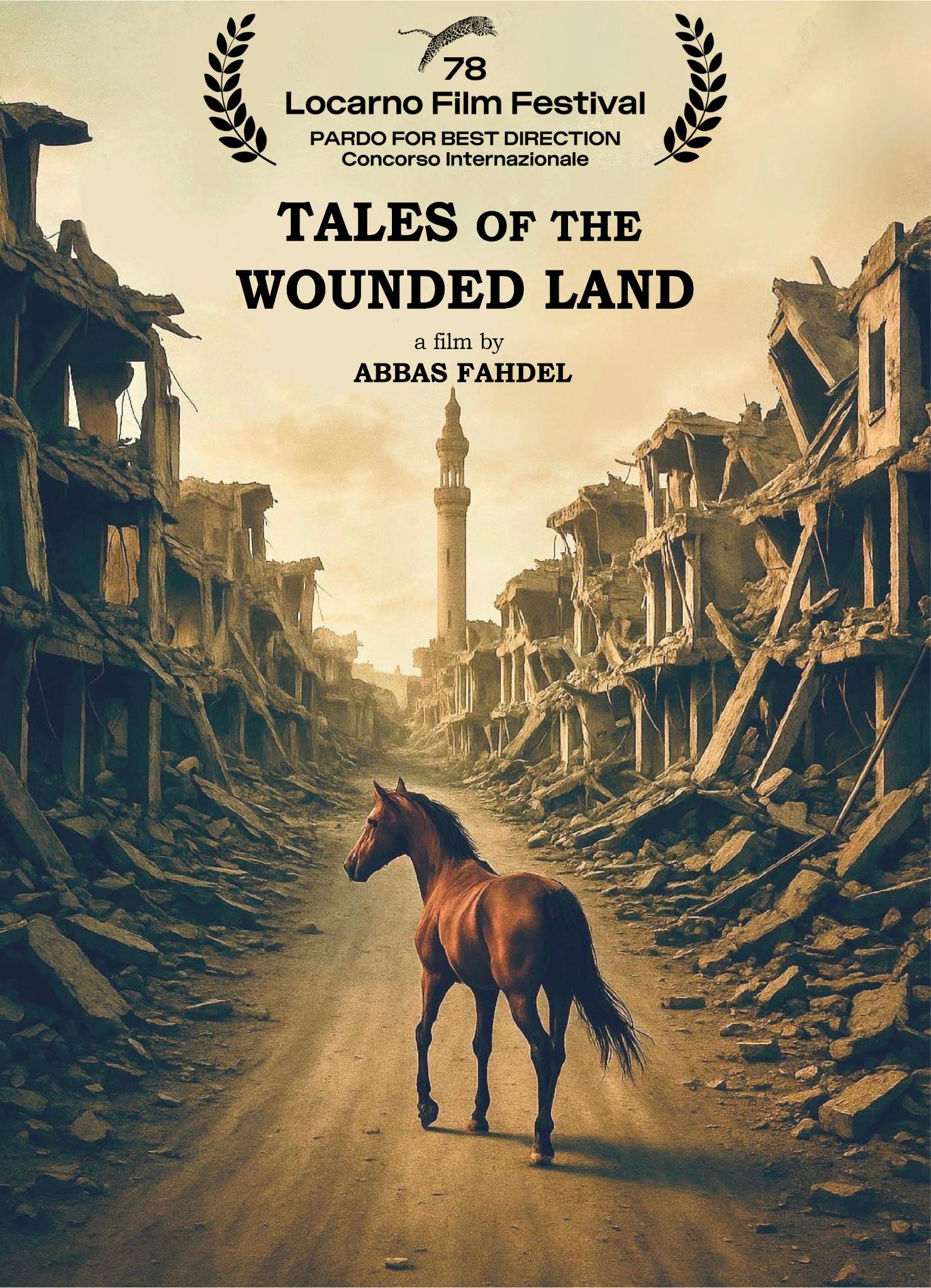
Two selections, Tales of the Wounded Land by Abbas Fahdel (Lebanon) and Those Who Watch Over by Karima Saïdi (Belgium, France, Qatar), tackle the aftershocks of war and displacement. One captures post-conflict Lebanon as a scorched memory; the other visits Arab and African dead buried in European soil, asking what it means to be “remembered” in exile.
The new generation thrives in chaos and blurred realities.
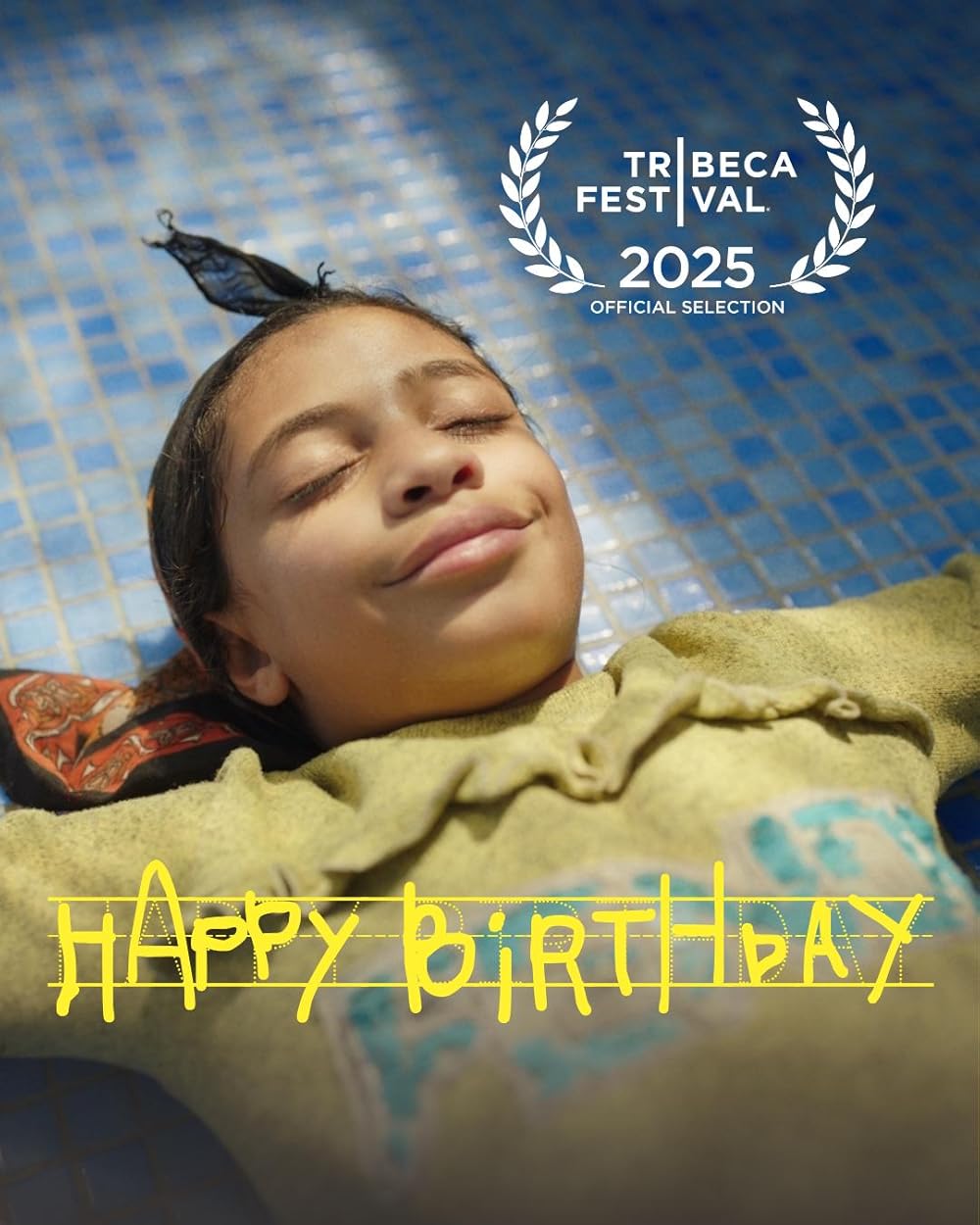
GFF’s spectrum this year also stretches into genre-bending, emotionally charged storytelling, films that feel both contemporary and cathartic. In Happy Birthday by Sarah Gohar (Egypt), trauma takes the shape of a party that never ends, a Gen-Z fever dream pulsing with grief, irony, and the desperate need to feel something real. The film captures a generation fluent in disillusionment, one that performs joy as survival.
Toxic masculinity is cracking, and satire is the loudest sound of that break.
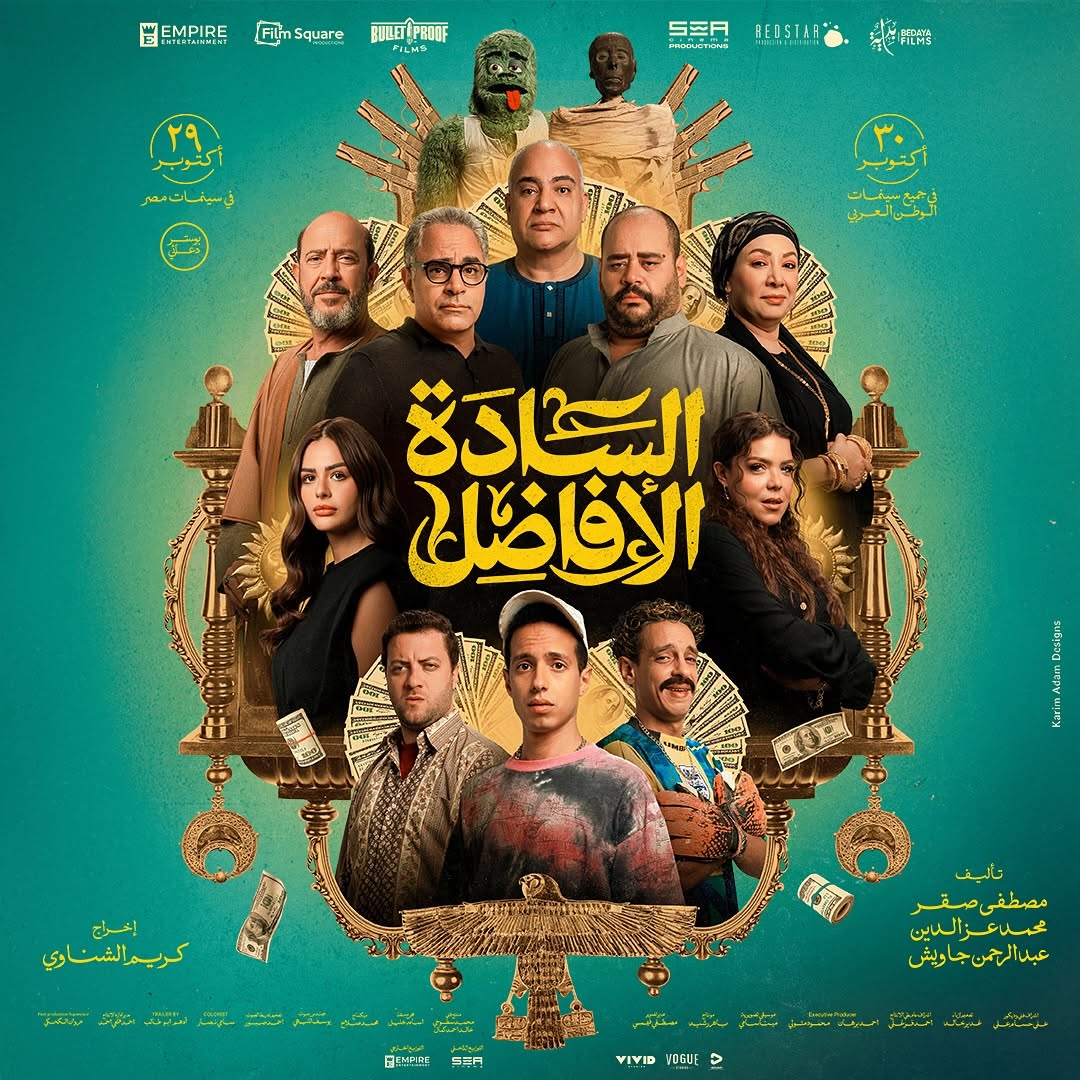
Meanwhile, The Gentlemen by Karim El Shenawy (Egypt) turns its gaze toward the theatre of masculinity, a satire that peels back layers of bravado to expose the unease beneath. Witty, unsettling, and painfully self-aware, the films speak to a generational chaos where humour is used as armour.
Coming of age is also an act of resistance.
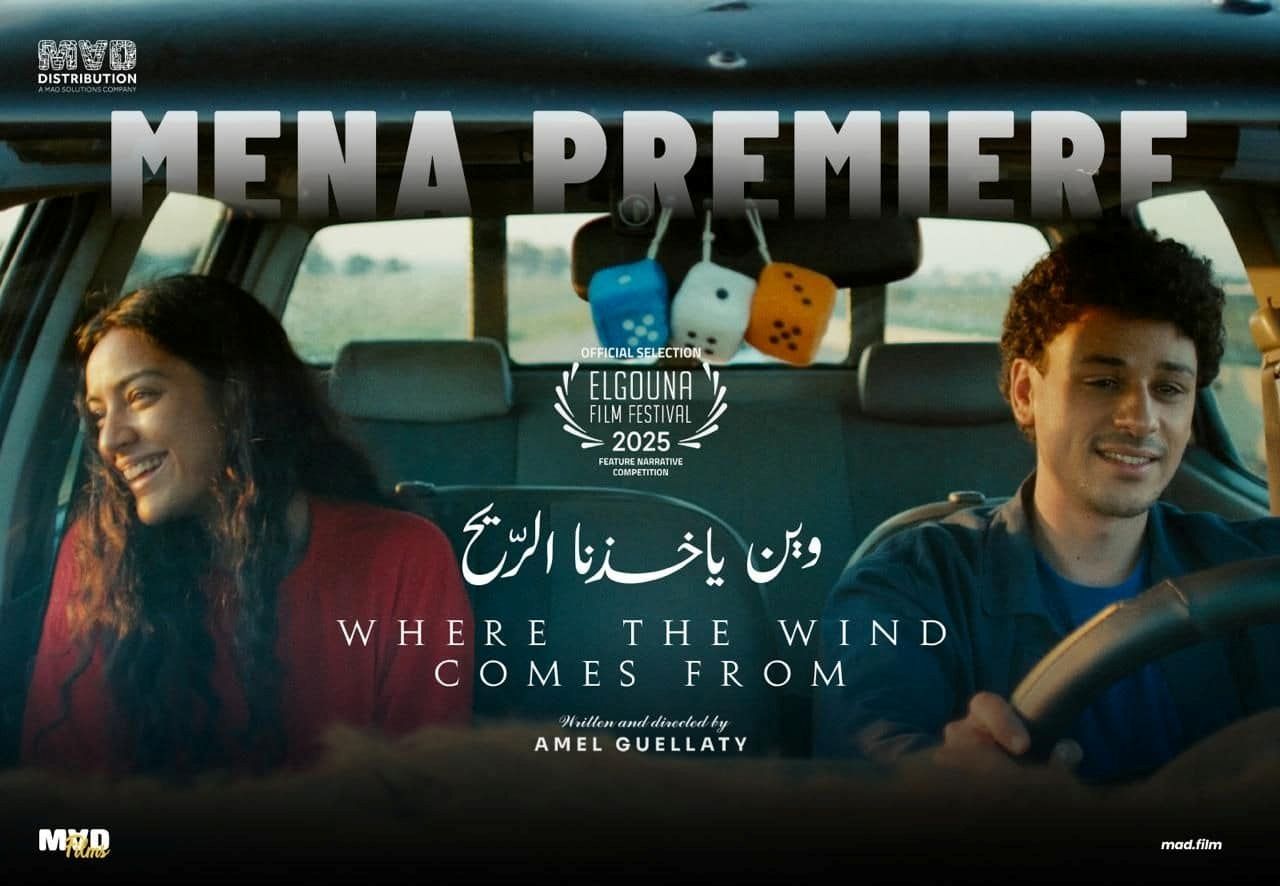
In Where the Wind Comes From by Amel Guellaty (Tunisia, France, Qatar), the timeless road movie is reimagined as a poetic escape hatch for two teenagers who embody the defiance of a generation growing up in post-revolution Tunisia. Alissa, all sharp edges and red-hot rebellion, sits perched on bridge railings, scales school gates, and dances through the weight of societal expectation (her internal world dreamlike and defiantly her own). Alongside her, Mehdi, an artist and soft-spoken dreamer, draws surreal worlds as survival.
The film traces a journey from Tunis to Djerba, but the real movement happens within: as Alissa rediscovers herself through her father’s art and family responsibilities, and Mehdi, in chasing someone else’s dream, becomes the canvas for his own disillusionment. It’s a film that listens to the aching silences of a generation suffocating under imposed norms.
For more stories of art and culture, visit our dedicated archives and follow us on Instagram.
